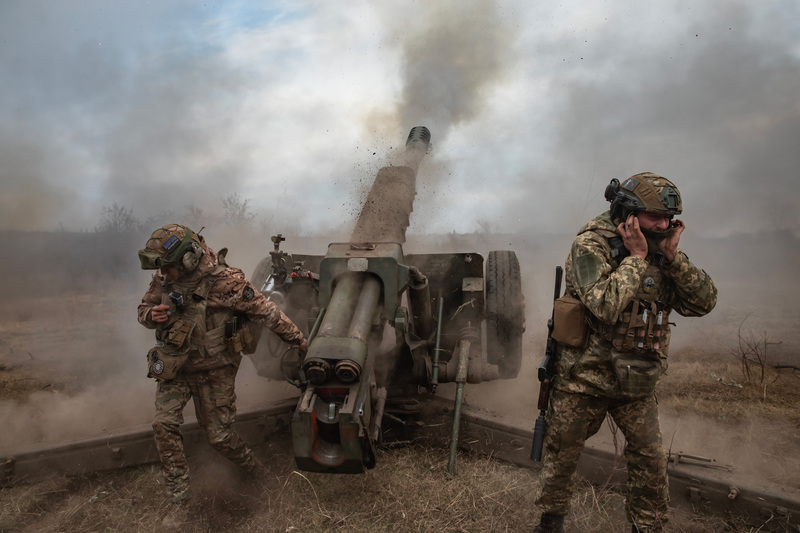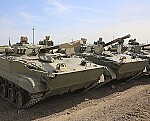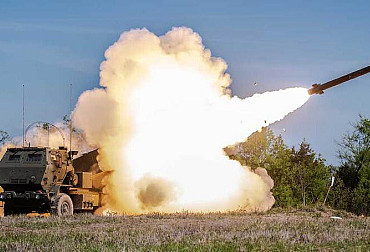European Ammunition Makers Refute Blame for Missed Ukraine Ammo Target
In a recent development, the Aerospace, Security and Defence Industries Association of Europe, a leading industry group, has strongly refuted claims by European Union officials that it is responsible for the failure to deliver one million artillery shells to Ukraine. This response comes in the wake of accusations from European defense officials, including Dutch Defence Minister Kajsa Ollongren and EU foreign policy chief Josep Borrell, who criticized the industry for not meeting the commitments made to support Ukraine in its defense against Russia.
Ollongren emphasized the urgency of the situation, stating, “We have all signed contracts. We’ve done joint procurement. So industry now has to deliver. It has to step up its game to produce more.” Borrell further accused the firms of exporting 40 percent of their production globally, thereby diverting resources crucial for Ukraine's defense.
However, the industry association presented a detailed rebuttal. In a statement to Defense News, the group highlighted the challenges it faces, including the need for more time to prepare for fulfilling such large orders and the ongoing task of replenishing stocks for its European customers. The association pointed out the complexities involved in ramping up production, emphasizing that it requires meticulous long-term planning and consideration of various factors to ensure success, efficiency, and viability.

The association also noted the significant expansion of its production capacities under adverse circumstances, such as supply chain bottlenecks, rising raw material costs, workforce shortages, and regulatory hurdles. It stressed the need for long-term contracts to facilitate further expansion of production capabilities, arguing that such large-scale contracts require careful deliberation and cannot be concluded hastily.
The EU had earmarked €2 billion earlier this year to support the initiative, with half of the amount intended to compensate members for donating shells from their stocks to Ukraine and the other half for jointly purchasing additional munitions. Despite this financial commitment, the industry group contends that the goal of delivering one million shells within a year was overly ambitious, given the scale of the challenge.
Additionally, the association challenged Borrell's accusation regarding the diversion of stocks to export customers. It emphasized the importance of maintaining credibility as a supplier and noted that production for non-European destinations has been crucial in keeping European manufacturing capacities at a minimum level over the past decades. The group argued that reorienting production capacities is a complex process requiring strong and long-term political support.
In conclusion, while the industry acknowledges the possibility of producing and delivering the promised amount of shells, it emphasizes that achieving such a goal is more time-consuming than initially anticipated by EU political leaders. This situation underscores the intricate balance between political objectives, industrial capabilities, and the realities of global supply chains and market demands.










